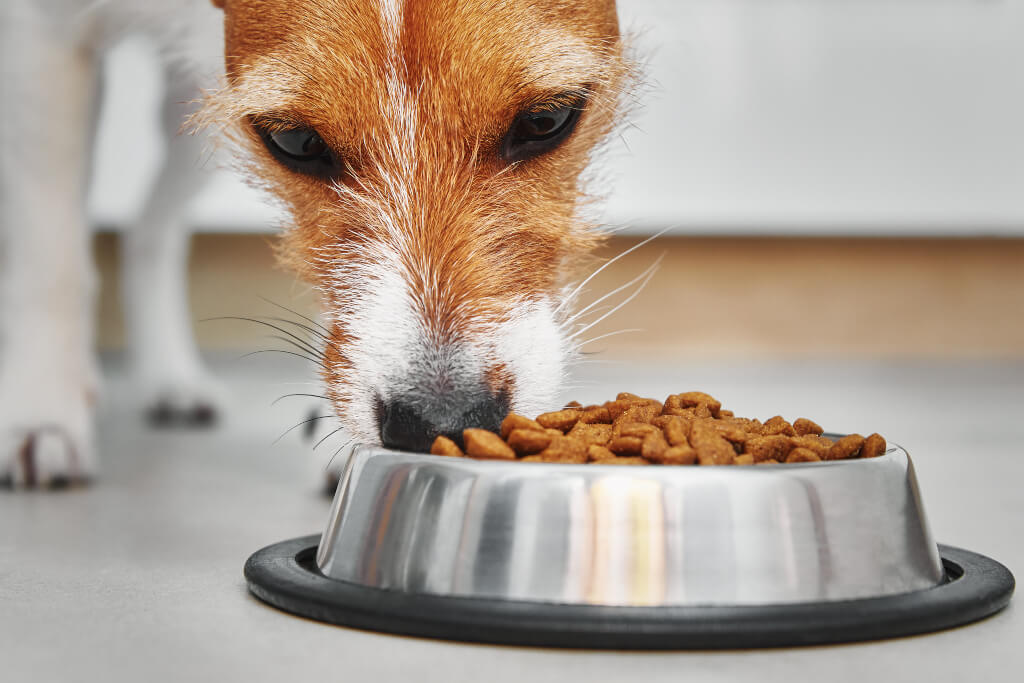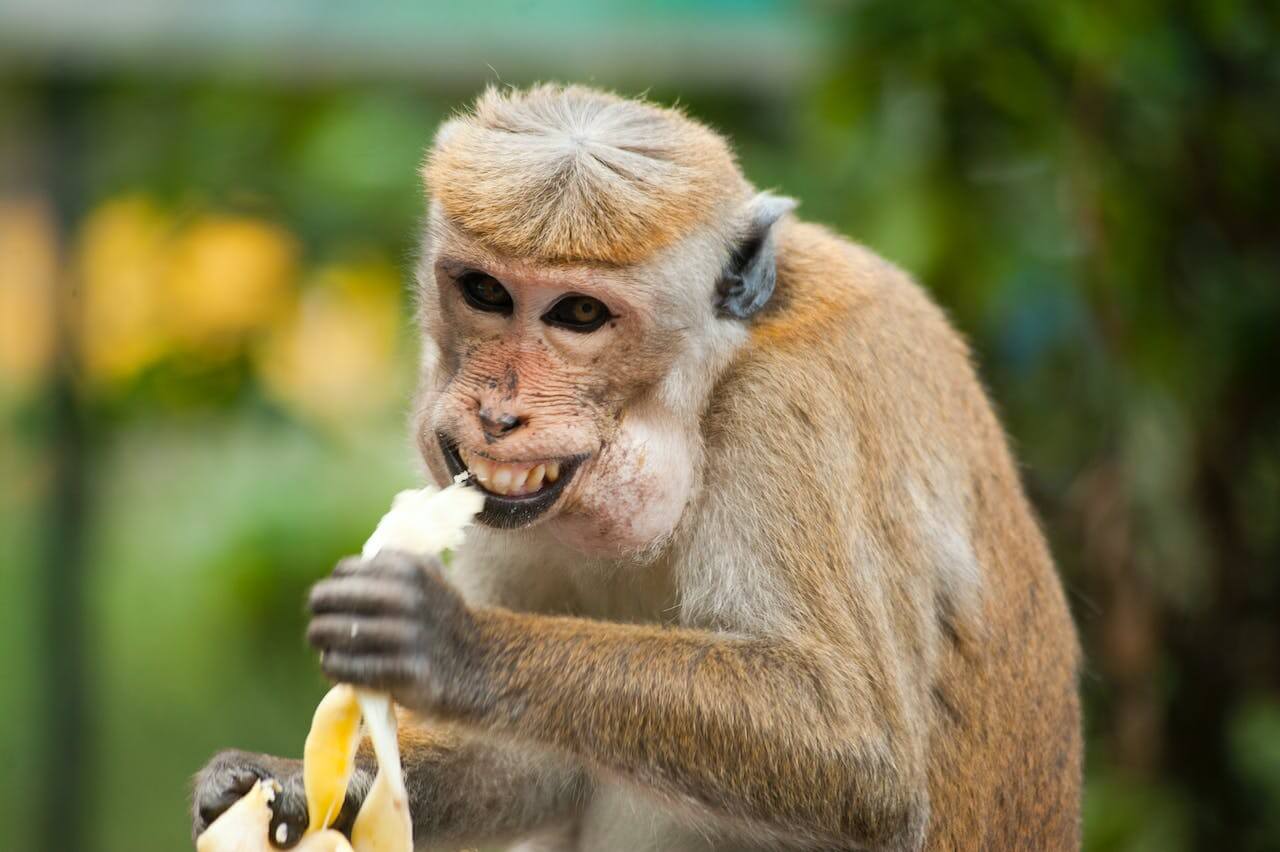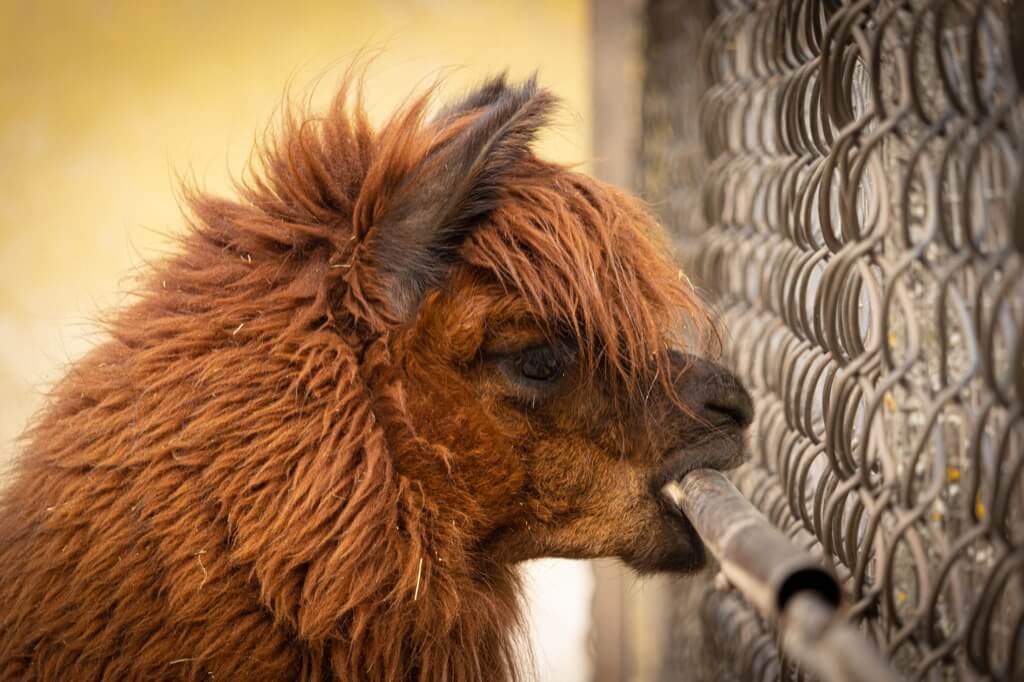Understanding your pet’s eating habits is an exciting topic to explore in the intricate world of pet care. As pet owners, we frequently ponder this question: Can dogs taste? The right answer is “yes,” but their underdeveloped taste senses mean they rely more on aroma than flavour when making meal choices.
How Dogs Detect Flavour and What Their Taste Buds Are Like
Dogs’ limited palettes and lack of refined taste buds put them behind their human companions. Only about 1,700 taste buds have been discovered in dogs, while humans have roughly 9000. This difference accounts for why canines lack the same level of dietary discrimination as humans.
As in people, a dog’s taste buds will naturally decline with age, which will further shape his or her dietary choices. Understanding how our pets’ tastes evolve with age might benefit much from this knowledge.
Aroma Is More Important Than Flavour, As Any Nose Knows
Dogs use their keen sense of smell rather than their taste buds to determine whether or not a meal is worth eating. Canines, depending on breed, have noses that are 1,000 to 10,000,000 times more sensitive than human noses. Therefore, for our canine and feline pals, the tempting smell of food is sometimes more important than the taste.
It’s essential to remember that dogs, like people, have preferences when it comes to what they eat, even if those preferences aren’t as nuanced as ours. There is a large variety of dog food options available, so it is possible that your dog’s preferences can guide you in making a purchase they will appreciate.
Avoid feeding your dog anything too salty or spicy, since these might be harmful to their health. Similarly, making sure they have constant access to clean water is crucial to safeguarding their health.
No matter how much your dog enjoys a particular meal, it is still important to feed them a balanced, nutritional diet. Keep in mind that while a dog might enjoy munching on a steak every day, they require a wide variety of nutrients found in different foods to stay healthy.
Always Check With Your Veterinarian Before Making Any Dietary Changes
Before making any major changes to your dog’s diet or if you have any concerns about their eating practices, you should always consult with your trusted veterinarian. You should still make sure to provide your dog with a balanced meal that satisfies all of its nutritional needs, even if its tastes and preferences play a role.
Decoding the canine culinary code is the subject of an ongoing inquiry. When we can better understand the canine gustatory system, we can provide the best possible care for our canine companions and strengthen the bond we share with them.
About The Author:
Sarah Mthembu, a devoted pet enthusiast and seasoned blogger, has spent a decade demystifying the intriguing world of animals. Living in South Africa with her two Border Collies, she has a penchant for translating canine behaviour into understandable insights. Sarah’s articles continue to captivate pet lovers in Africa Nova, intertwining science, pet health, and a healthy dose of fascination.




